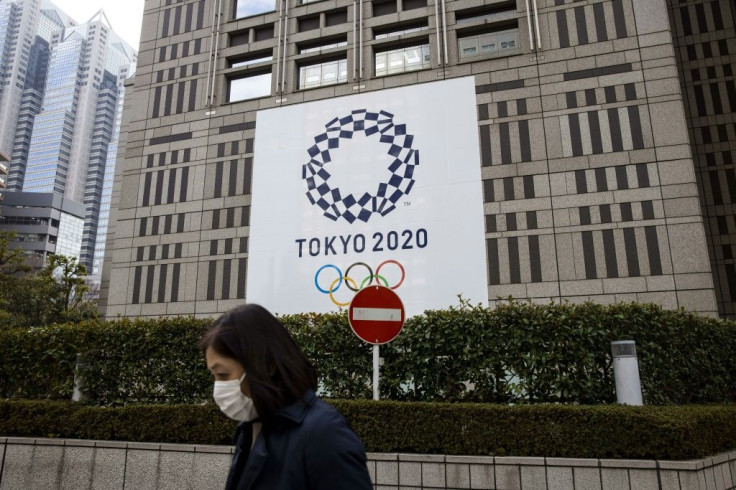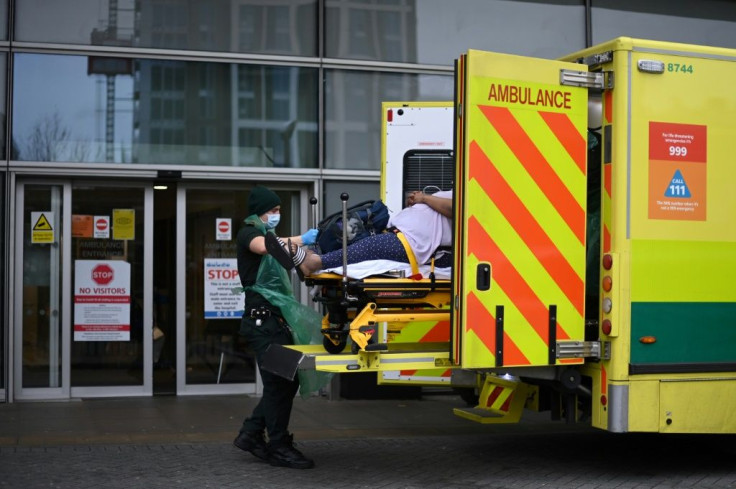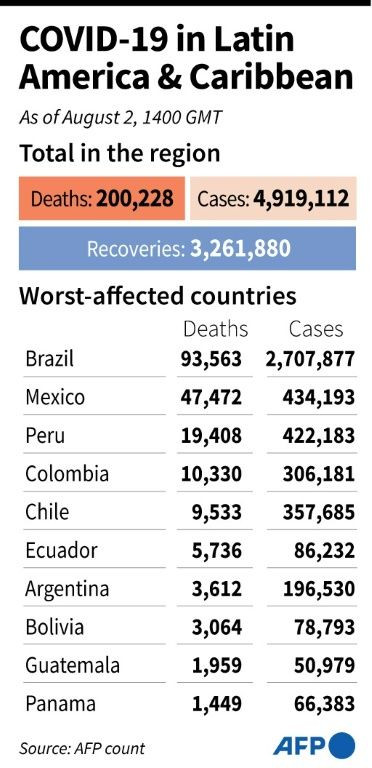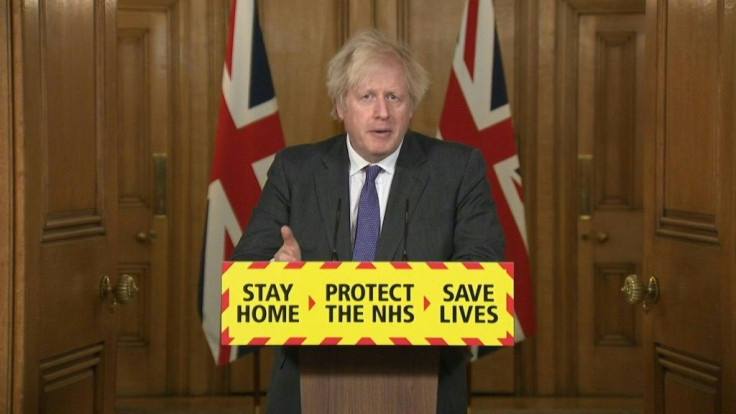Vaccine Boost For Poor Countries As Biden Warns Of '600,000 Dead'
US President Joe Biden on Friday said "well over 600,000" Americans could die of the coronavirus as he stepped up federal aid in the world's worst-hit country, while less wealthy nations anticipated better access to tests and vaccines thanks to several international deals.
"The virus is surging. We're at 400,000 dead, expected to reach well over 600,000," Biden told a news conference, giving his highest estimate yet for the US outbreak's eventual toll.
His new administration boosted stimulus handouts as well as payments to help families buy food, with more poor children going hungry after the school lunches they depended on disappeared as classrooms shuttered.

"The American people can't afford to wait," said Brian Deese of the White House's National Economic Council, adding that many people were "hanging by a thread."
Various US states meanwhile grappled with vaccine distribution, with New York reporting its supply of shots would run out Friday.
The country marked its third consecutive day of more than 4,000 coronavirus deaths, bringing the overall count to 413,000 with 24.8 million confirmed infections.

In Britain, Prime Minister Boris Johnson said a new strain of the virus that has swept his country and beyond could be more deadly as well as more transmissible, with the variant having spread to more than 60 countries already.
Around the world there were new signs of the depth of damage dealt to the economy, with the closely watched PMI index showing that Europe is heading for a new recession, and Latin America suffering its steepest drop in foreign trade since the global financial crisis.

As vaccine rollouts gain pace around the world, Hungary announced it was going it alone and buying two million doses of Russia's Sputnik V vaccine, frustrated by the European Union's unwieldy strategy of buying shots in bulk on behalf of members.
"It doesn't matter if the cat is black or white, as long as it catches the mouse," Orban said of the different vaccines, despite wariness from some experts over the fact that Sputnik V was rolled out before large-scale clinical trials.

Brazil was meanwhile due to receive two million doses of a different jab developed by British pharmaceutical firm AstraZeneca and Oxford University.
The World Health Organization has repeatedly warned that richer countries are hogging the vaccine.
But there was good news Friday for poorer nations, as the WHO and pharmaceuticals giant Pfizer announced a deal for up to 40 million initial doses of the Pfizer-BioNTech vaccine to be made available to them through the Covax global pool.
"We can only end the pandemic anywhere if we end it everywhere," said WHO chief Tedros Adhanom Ghebreyesus.

A separate deal, brokered by international agencies working with the WHO, will supply developing nations with tens of millions of rapid antigen tests at half the usual $5 price.
In Britain, imams were using their Friday sermons to reassure worshippers that coronavirus vaccines are safe, exercising their clout in Muslim communities to support the immunization drive.
"The hesitancy, the anxiety (and) concern is driven by misinformation, conspiracy theories, fake news and rumors," said Qari Asim, chairman of Britain's Mosques and Imams National Advisory Board.
The imams' campaign comes as Britain battles to constrain the new strain of Covid-19.
Chief government scientist Patrick Vallance said the strain could be 30-40 percent more deadly for some age groups, though he stressed the assessment relied on sparse data.
The British strain, along with variants first detected in South Africa and Brazil, are fuelling a tightening of travel restrictions, with Belgium banning non-essential trips out of the country.
Denmark meanwhile banned all flights from the United Arab Emirates, saying it needed to make sure the testing regime in Dubai was rigorous enough.
Hong Kong imposed its first coronavirus lockdown on Saturday, targeting a poor, densely populated neighborhood that's battling an outbreak. Authorities planned to test everyone inside the designated zone within 48 hours.
From music to sports, organizers of large-scale events are grappling with the continued fallout of Covid-19, with Rio de Janeiro's famed carnival called off for this year.
In Japan, organizers of the Tokyo Olympics -- already postponed from 2020 -- are facing almost daily questions over whether the Games can really go ahead in July.
The Japanese government insisted, however, that there was "no truth" to a media report that said "the consensus is that it's too difficult" to hold the Games in 2021.
© Copyright AFP 2024. All rights reserved.







